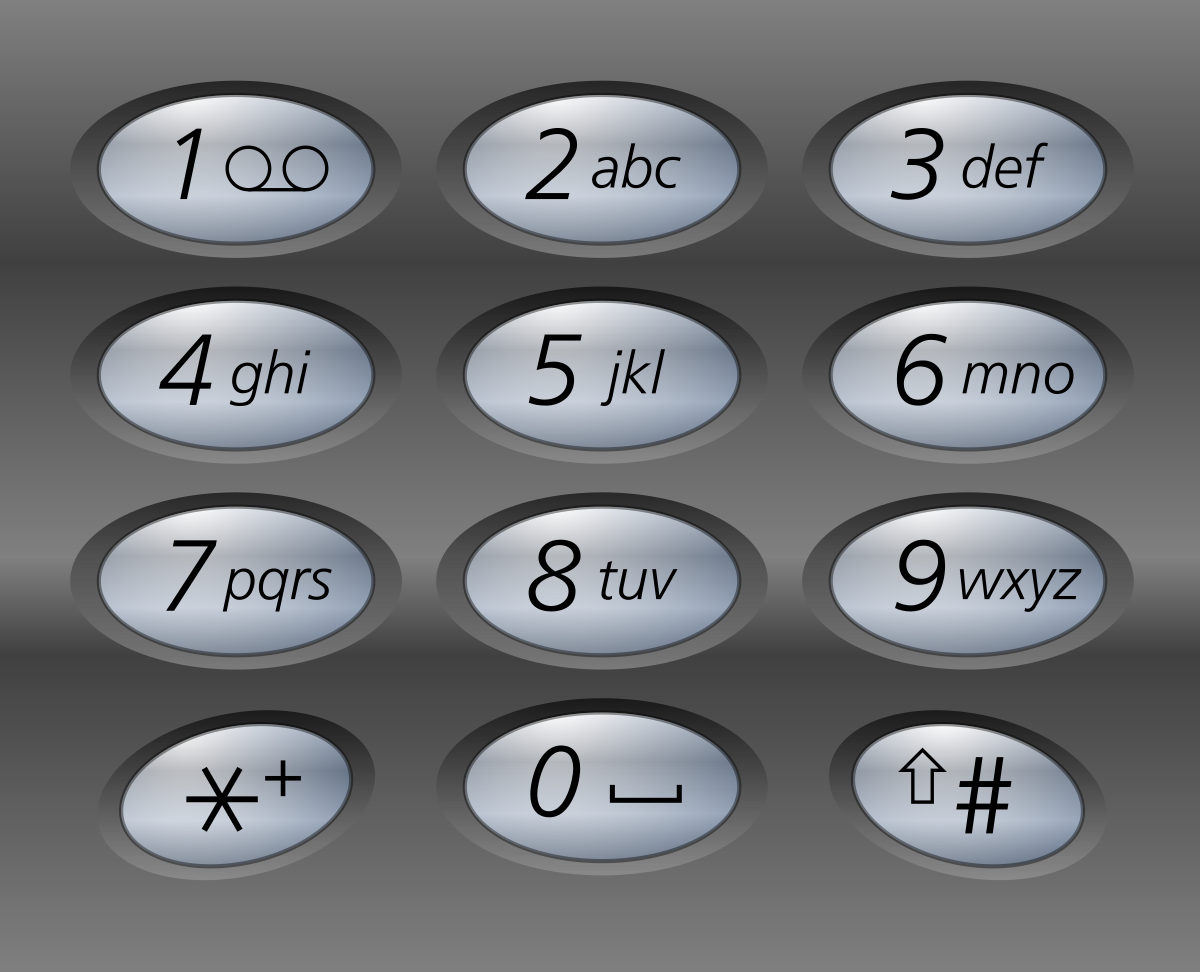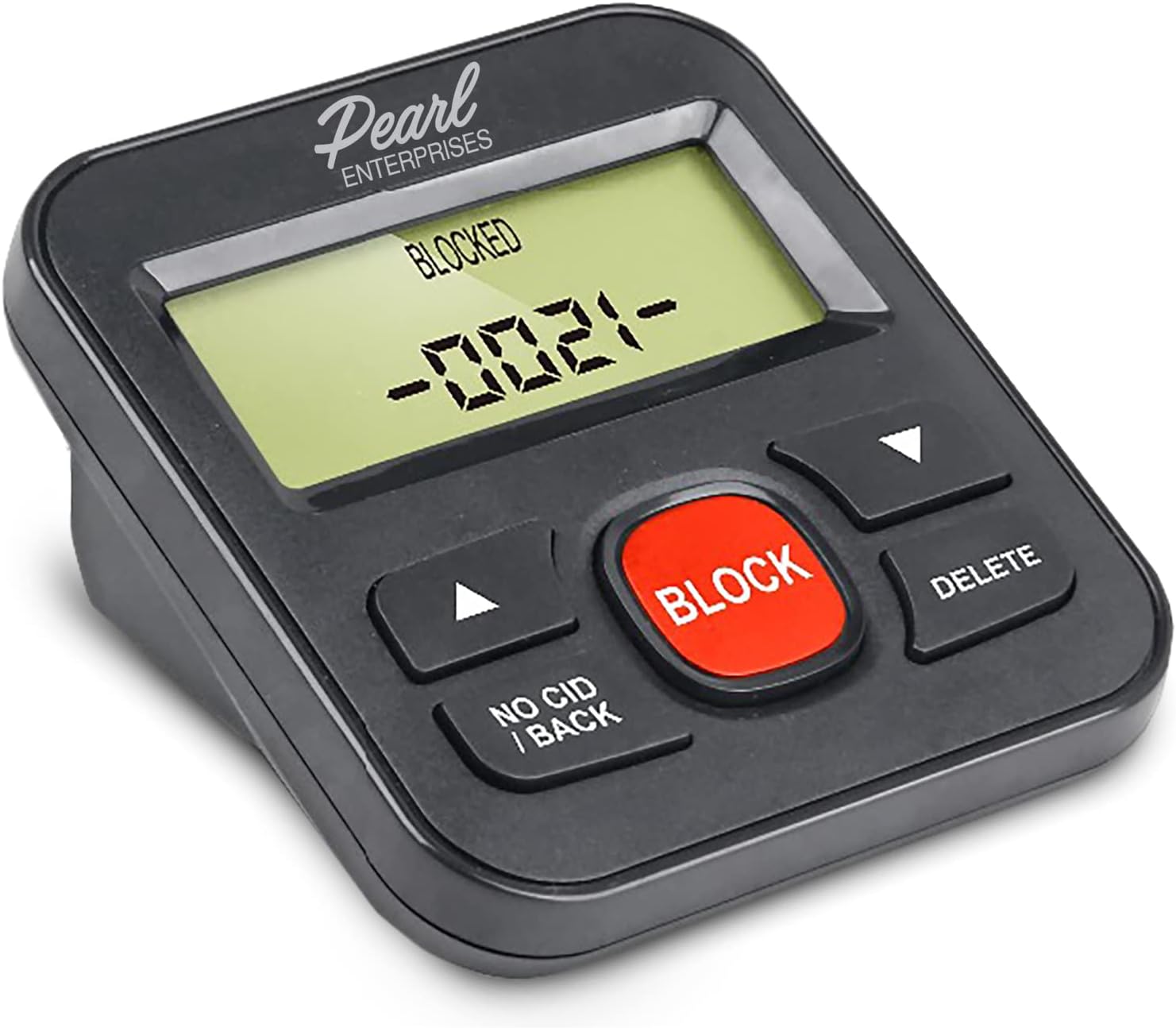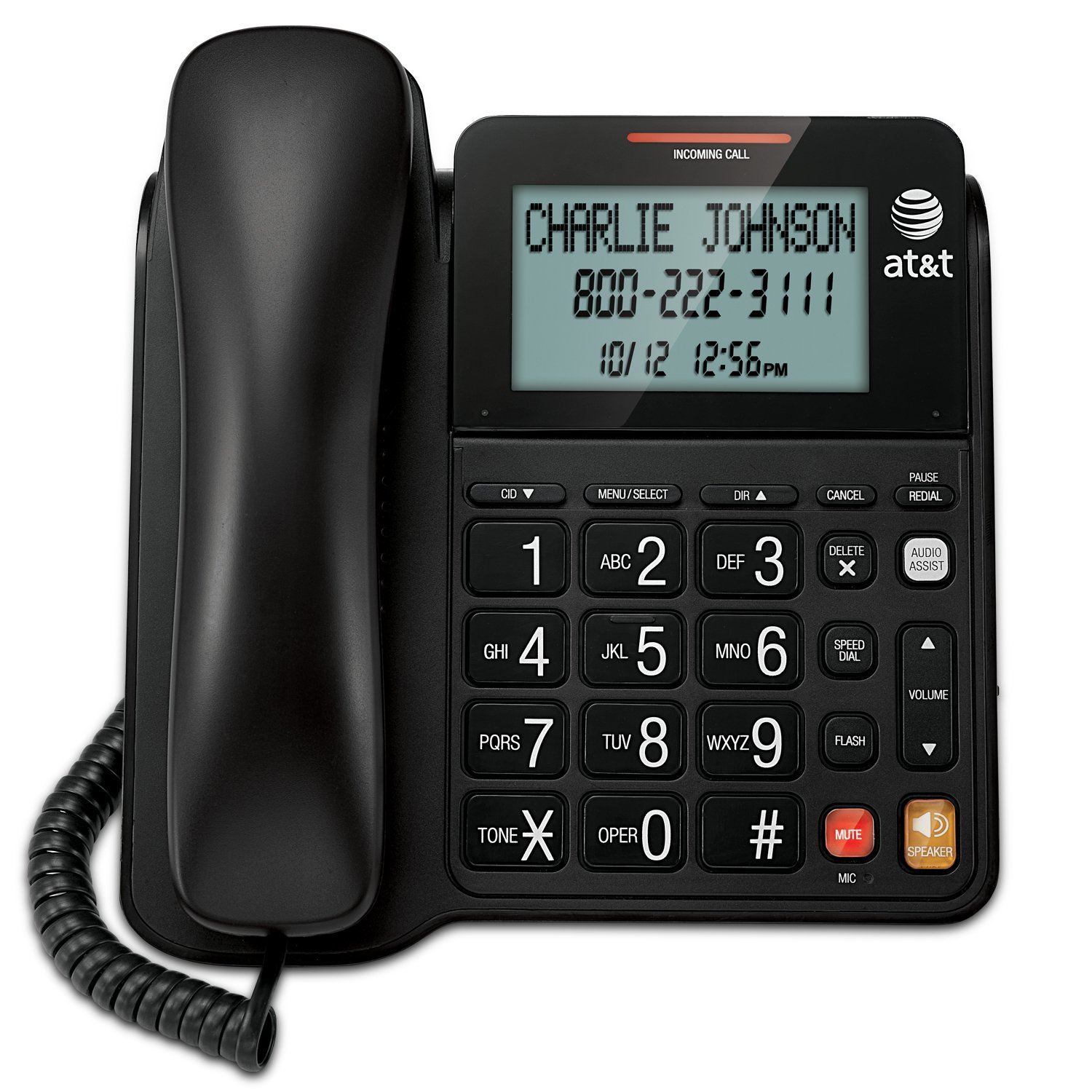In the world of phone inquiries, mastering the art of politeness is essential for uncovering caller identity and contact information.
Proper Phone Answering Etiquette
– When answering the phone, always greet the caller with a warm and professional tone.
– Politely ask for the caller’s **name** and the **reason** for their call.
– If necessary, inquire about their **contact information** for follow-up purposes.
– Remember to thank the caller for providing their information and assure them that their inquiry will be addressed promptly.
By practicing proper phone answering etiquette and utilizing polite inquiry methods, you can effectively identify callers and gather necessary contact information for future communication.
Ensuring Names and Call Intentions are Exchanged Politely
Always begin a phone call with a polite greeting and introduction, including your name and the purpose of your call. Ask for the caller’s name and **call intention** in return. Use phrases like “May I ask who’s calling? ” or “Can you please let me know the reason for your call? ” to ensure a respectful exchange of information.
Gracious Handling of Call Transfers and Holds
When transferring a call, always thank the caller for their patience and explain the reason for the transfer. Ensure that the caller is comfortable with being placed on hold and provide an estimated time for the hold if possible. Use polite language and maintain a professional tone throughout the interaction. When returning to the call, thank the caller for holding and apologize for any inconvenience.
Remember to verify the caller’s identity before disclosing any sensitive information. Overall, strive to make the caller feel valued and respected throughout the entire phone inquiry process.
Tactful Responses When the Desired Party is Unavailable

If the desired party is unavailable, always start by politely asking if there is a better time to reach them. If not, inquire about leaving a message or if there is another person who can assist you. Be sure to introduce yourself and state the purpose of your call clearly. Avoid prying for personal information and respect their privacy. Offer to provide your contact information in case they would like to reach out to you.
Remember to thank them for their time and consideration.
Courteous Message Management on Calls

When managing calls, always begin with a polite greeting and introduce yourself clearly. Ask the caller for their name and the reason for their call, using active listening to show that you are engaged. Politely ask for their contact information if necessary, ensuring that you have the correct details for follow-up.
Utilizing Polite Language During Conversations
When making a phone inquiry for caller identity and contact information, it is important to utilize polite language. Begin the conversation by greeting the person on the other end of the line in a friendly manner. Politely ask for their name and contact information, making sure to thank them for providing the details.
Graceful Conclusion of Calls
When wrapping up a call, always thank the caller for their time and offer any necessary follow-up information. Politely confirm contact information and ensure accuracy before ending the call. Use a respectful tone and reiterate your appreciation for their call. If appropriate, mention the option to connect on social media for future updates or inquiries. End the conversation on a positive note, leaving the caller with a good impression of your professionalism and helpfulness.
Verifying Call Conclusion with Decorum
When verifying the conclusion of a call, it is important to do so with decorum and professionalism. Always thank the caller for their time and ***confirm*** any next steps that were discussed during the conversation. Politely ask for their ***contact information*** if it was not provided earlier.
This can also be a good opportunity to ask if there are any other questions or concerns that need to be addressed. Keep the tone of the conversation respectful and courteous, as this will leave a positive impression on the caller.
Expressing Gratitude at Call Termination
When ending a phone call, it is important to express gratitude to the caller for their time and assistance. A simple “Thank you for calling” or “I appreciate your help” can go a long way in showing respect and professionalism. This small gesture can leave a positive impression on the caller and help build a good rapport.
Formal Farewells in Telephonic Exchanges
When wrapping up a phone call, it is important to offer a formal farewell to the caller. Common phrases include “Thank you for calling” or “Have a great day.” If the caller has provided their identity and contact information, it is polite to confirm this information before ending the call.
By repeating the caller’s name and contact details back to them, you show that you have listened attentively and value their information. This also helps to ensure accuracy in your records. Ending the call with a polite farewell reinforces a positive interaction and leaves a good impression on the caller.
Determining When Calls Trump Emails
To determine when a call **trumps** an email, consider the urgency of the message and the nature of the conversation. If the matter is time-sensitive or requires immediate attention, opting for a phone call may be more effective. Additionally, if the topic is sensitive or complex, a phone call allows for better communication and understanding. It’s also worth considering the recipient’s preference – some individuals may prefer emails for documentation purposes, while others may prefer phone calls for a more personal touch.
Ultimately, the best approach is to assess the situation and choose the method of communication that will yield the best results.
Recognizing Situations Requiring Voice over Text

Recognize situations where using a **voice over text** feature is necessary for caller identification and contact information. If the caller’s identity is unclear or if you need to confirm details, using voice over text can help ensure accuracy. This is particularly important when dealing with sensitive or urgent matters.
Additionally, consider using voice over text when contacting individuals through **social media** platforms, as it can help convey tone and intent more effectively than written messages. By recognizing when to use this feature, you can improve communication and avoid misunderstandings in phone inquiries.
Prioritizing Speed in Issue Resolution
When prioritizing speed in issue resolution, it is important to efficiently gather caller identity and contact information. Polite phone inquiry methods can help streamline this process. Start by introducing yourself and your role, then ask for the caller’s name and contact details. Be sure to confirm the information provided before moving on to address the issue at hand. Using a friendly and respectful tone throughout the conversation will help create a positive interaction with the caller.
Anticipating Queries in Communication

When anticipating queries in communication, it is important to be prepared with polite phone inquiry methods for obtaining caller identity and contact information. Start by greeting the caller warmly and introducing yourself and your organization. Politely ask for the caller’s name and the reason for their call. If necessary, inquire about their contact information such as their phone number or email address.
Fostering Relationships Through Voice Calls
When initiating a voice call to inquire about caller identity and contact information, it is important to approach the conversation with politeness and respect. Begin by introducing yourself and clearly stating the purpose of your call. Ask polite questions to gather the necessary information, such as the caller’s name, company, and reason for contacting you. Take notes as needed to ensure accuracy and follow-up if necessary.
Addressing Sensitive Topics with Discretion
When addressing sensitive topics during phone inquiries, it’s crucial to approach the conversation with discretion and sensitivity. Begin by politely introducing yourself and explaining the purpose of your call.
If you need to inquire about the caller’s identity or contact information, do so in a respectful manner, ensuring that the individual feels comfortable sharing this information with you.
Use open-ended questions to allow the caller to provide the information voluntarily, rather than pressuring them for details. Remember to thank the caller for their cooperation and assure them that their privacy is respected.
By handling sensitive topics with discretion and tact, you can create a positive and trusting interaction with the caller.
Deciding Between Email and Voice Communication

If you choose to make a phone inquiry, be polite and respectful, introducing yourself and clearly stating the purpose of your call. Ask open-ended questions to gather the necessary information and thank the caller for their time.
Composing Concise and Clear Requests
When making a phone inquiry for caller identity and contact info, it is essential to be clear and concise in your request. Start by politely introducing yourself and stating the purpose of your call. Clearly state what information you are looking for and why you need it.
Avoid using vague language or beating around the bush, as this can lead to confusion and misunderstandings. Be direct and to the point, while also maintaining a polite and respectful tone. Remember to thank the person for their help and provide your contact information in case they need to follow up with you.
By composing concise and clear requests, you will increase the likelihood of getting the information you need in a timely manner.
Ensuring Emails are Reader-Friendly and Tone-Aware
To ensure that your emails are **reader-friendly** and **tone-aware**, it’s important to use clear and concise language. Avoid using jargon or technical terms that the recipient may not understand. Keep your tone polite and professional, and always consider the recipient’s perspective.
When inquiring about caller identity and contact information over the phone, it’s important to be respectful and courteous. Start by introducing yourself and clearly stating the purpose of your call. Ask for the information politely and thank the caller for their assistance. Remember to listen actively and take notes as needed.

